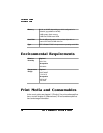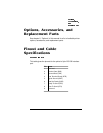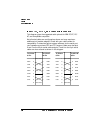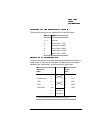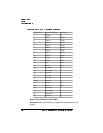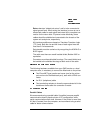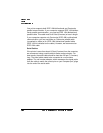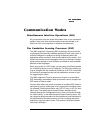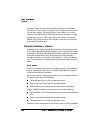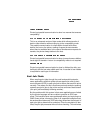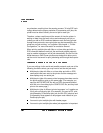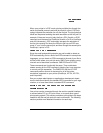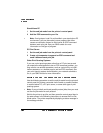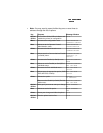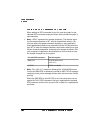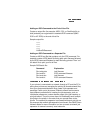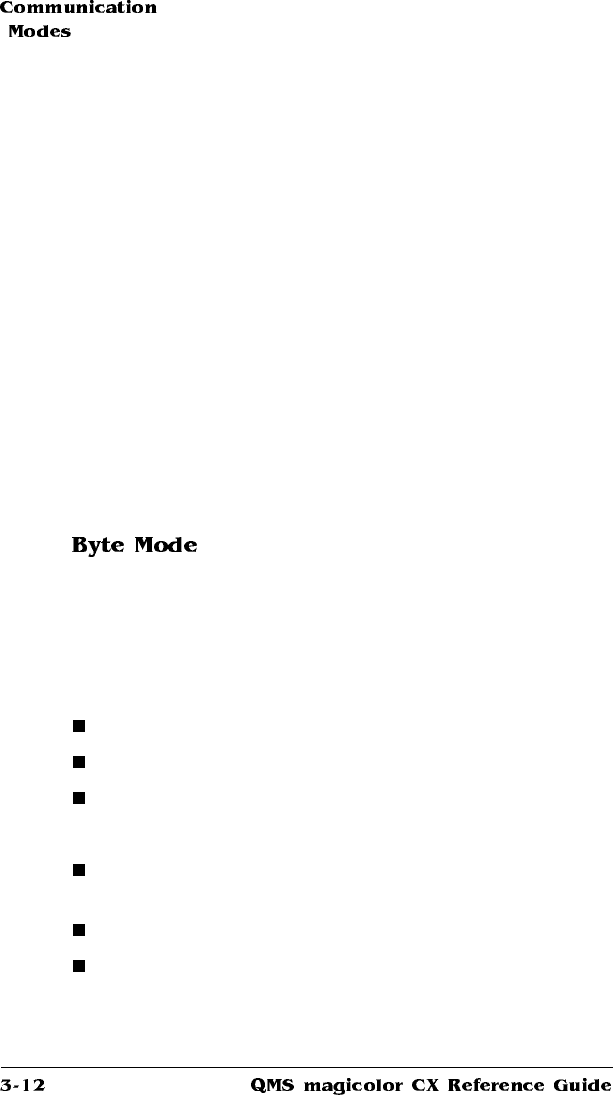
Advanced users can also use PostScript operators to reconfigure
printer ports. The
PostScript Language Reference Manual
(Adobe Systems
Incorporated, Reading, PA: Addison-Wesley, 1990, ISBN 0-201-18127-4)
contains information about PostScript operators. Generally, it is best
to keep your printer in ESP mode. Since ESP mode is the factory
default, all you have to do to use it initially is connect your host and
printer and then send a file.
Parallel Interface Modes
In addition to the Centronics parallel interface, your printer provides
IEEE 1284 bidirectional parallel interface, which supports five modes
of operation. Although the printer automatically recognizes and uses
the mode dictated by the host, the modes can be set manually
through the printer control panel. See chapter 1, “Printer Configura-
tion,” for information on manually selecting modes through the control
panel.
Printer-host parallel communication is done in bytes. The byte mode
may be used by the host device in a DMA (Direct Memory Access)
mode for more efficient operation.
When byte transfer is complete and there is no more data to transmit,
the host may do one of the following:
Terminate and return to the compatibility mode.
Stay in the Host Busy, Data Not Available phase.
Set Host Busy Low, putting the interface into the idle phase.
If there is additional data, the host may do one of the following:
Set Host Busy Low, indicating that the host can accept additional
data.
Stay in the Host Busy, Data Not Available phase.
Terminate and return to the compatibility mode.
Check your host documentation to see if the host is 1284 compatible.



